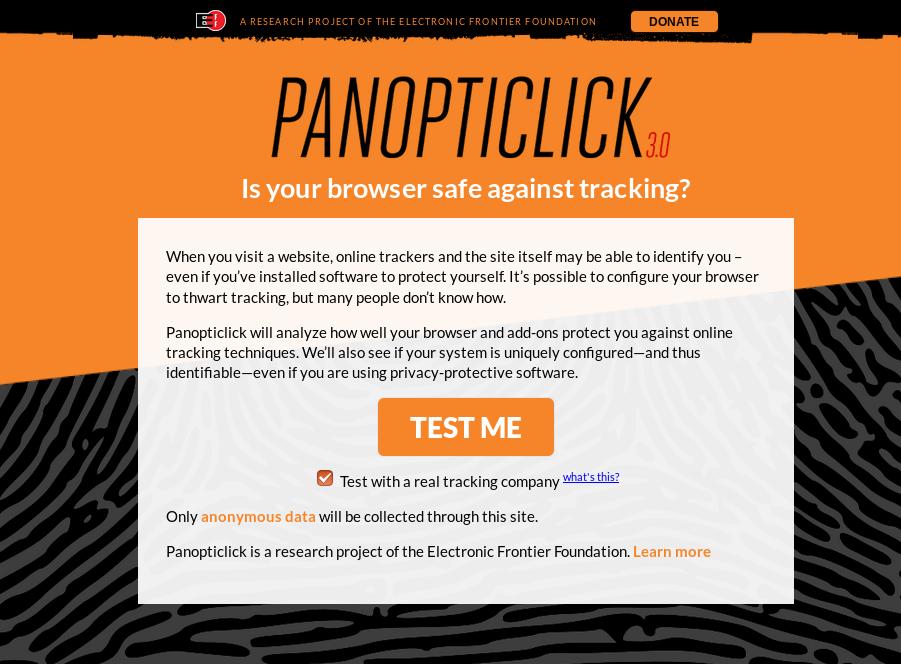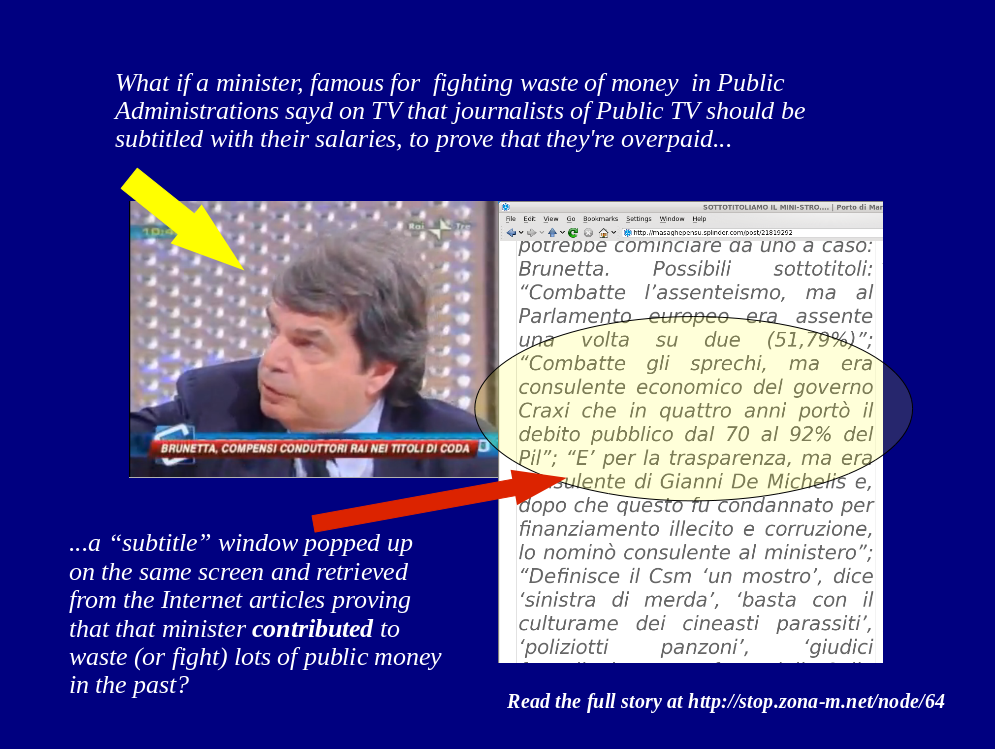All Posts
A simple exercise about online privacy
We regularly hear from prime time news or urban legends how Internet is some sort of Big Brother (the real one…) able to track and report to some more or less hidden controllers everything we do online, to the point that what was once called privacy is dead.
If you died now, who would look after your digital YOU?
You’ve surely seen, at least once in your life, one of those very romantic, hearth-breaking movies in which some John or Mary die but, just one moment before passing away says to whoever is tenderly holding his or her hands something like:
The real effect of the Internet on Catholicism (or any other religion)
The Online Loser Guide that I just wrote was born also as a reaction to a vision of the Internet (haven for perverted and terrorists, huge time-wasting toy or mere work tool) very limited and narrow-minded. A proof that the effects of digital technologies are much deeper is in how they are influencing the religious sphere, in ways still largely ignored by traditional, mainstream media and by many blogs. The following paragraphs contain some evidence of this trend in Catholicism, but I’d guess that the same general concept is valid for any other religion (more on this at the end).
This is a long-range thinking, highly creative website: what about yours?
Here’s a post a bit more frivolous than what you’d normally find here. I’ve just discovered a funny but useful online service: Typealizer analyzes a blog and classifies it according to its content. Here is what it said when I entered the Stop! internet address on that page: *The analysis indicates that the author of [http:*stop.zona-m.net](http://stop.zona-m.net) is of the type: INTJ - The Scientists* which means, according to Typealizer, that the part of me that writes these pages is:
The Online Loser Guide, 2010 edition
Introduction: awareness of the immense power of the Internet is so widespread these days that it is almost impossible to look a fool by using it in the wrong way. Should that be your goal, however, follow the advice below!
If we all used computers to watch TV...
Italy started the transition from analog to digital TV in mid 2009. Six months later, the transition is still ongoing and causing a lot of hassles, unplanned expenses and, above all, confusion. In a few months Italians found themselves in a situation where, to receive all the channels available through satellites and terrestrial digital TV providers, every TV should be equipped with nine (9!) extra digital decoders!.

